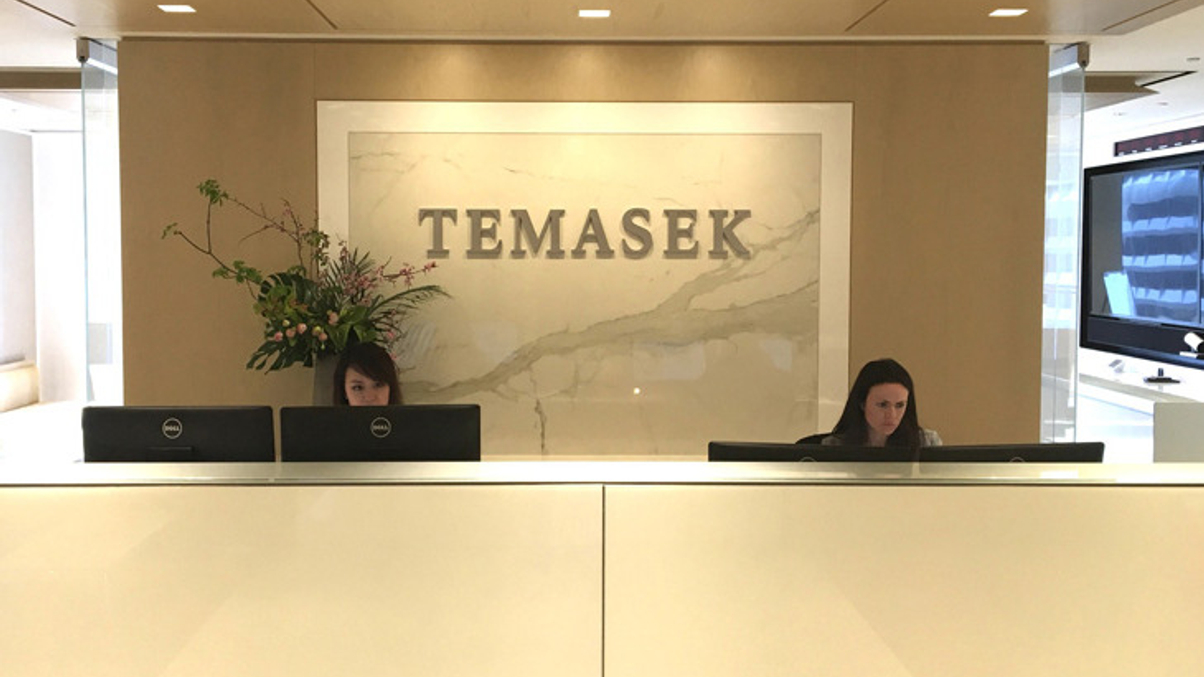Temasek puts faith in tech assets amid grim outlook
The Singapore $230 billion state fund will continue to ramp up its private market exposure, particularly in science- and tech-related assets, it explained during its annual report briefing.

Singapore’s Temasek will step up investment in private markets, particularly in areas of innovation, after posting a much lower return than last year, in line with the global trend among its peers.
Sign in to read on!
Registered users get 2 free articles in 30 days.
Subscribers have full unlimited access to AsianInvestor
Not signed up? New users get 2 free articles per month, plus a 7-day unlimited free trial.
¬ Haymarket Media Limited. All rights reserved.


